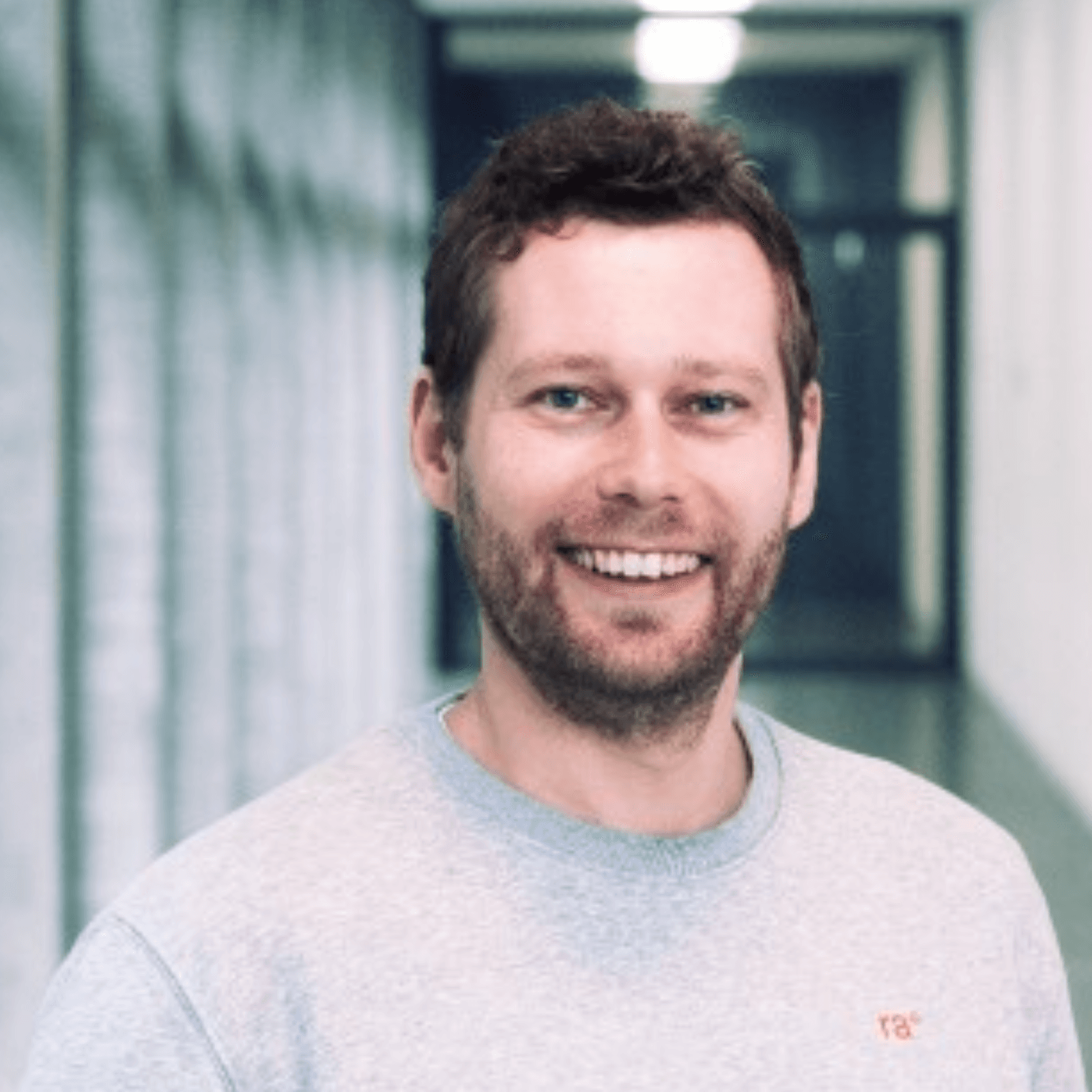09 January 2025
#Twenty25 - Funding the future of health tech - Part 4/20 Interview with Daniel Dillinger, redalpine

Predicting the future is a tricky thing. In 1989, the movie Back to the Future II painted 2015 as a picture of flying cars, hologram movies and hoverboards being mainstream. While that future hasn't quite materialized, the world of technology, especially health tech, has seen remarkable advancements.
Now that 2024 is behind us and we enter the second quarter of the century, Coulter Partners sought insights from twenty early-stage investors in health tech. We asked them three key questions:
- Where will health tech investment go in 2025?
- What trends or segments will drive health tech growth beyond 2025?
- If given a magic wand, what change would significantly accelerate health tech's impact?
In the fourth interview of our Health Tech Investors series, Ian Coyne spoke to Daniel Dillinger, Principal at redalpine.
I'd expect the bar for funding to increase for AI health tech companies. Primarily, companies that can demonstrate proven and quantifiable value to their users, customers, and stakeholders will be able to raise capital.
Principal at redalpine
Ian Coyne: Let's talk about the future. What do you think will be the key investment areas in 2025?
Daniel Dillinger: In 2025, I believe we will continue to see a significant increase in digital health companies leveraging AI, as these technologies rapidly evolve and offer enhanced capabilities across healthcare administration, diagnostics, clinical decision-making, and drug discovery. AI can support optimizing clinical trial design, patient intake, and operational efficiency, which are critical aspects to conclude trials on time and within budget. That said, I'd expect the bar for funding to increase for AI health tech companies. Primarily, companies that can demonstrate proven and quantifiable value to their users, customers, and stakeholders will be able to raise capital.
Additionally, digital clinic concepts and remote monitoring technologies will become of even greater interest due to ongoing staff shortages in healthcare, enabling earlier hospital discharges and empowering patients to manage their care remotely. Wearables and connected devices will play a pivotal role by providing continuous, actionable insights, fostering better patient outcomes. At redalpine, we have already invested in this space and firmly believe its importance will continue to grow in the coming years.
Ian: Beyond 2025, what other big themes or changes do you foresee in the digital health space?
Daniel: To me, one area with significant potential is data-driven surgery. Currently, surgical procedures are still highly dependent on individual surgeons. By leveraging pre-, intra-, and post-surgery data, I truly believe we can improve patient outcomes, efficiency and turnaround times between surgeries. I expect this to be a major focus for healthcare providers in the next five years and beyond, given the substantial contribution of surgery to overall healthcare spending. Technologies that support data-driven surgery can help further standardize procedures, reduce variability, and enhance overall surgical outcomes, particularly relevant in the light of the growing emphasis on outcome-based reimbursement frameworks. We are still in the early days, but I believe this area will see significant advancements by 2030.
Ian: If you had a magic wand and could change anything about the system, investment, or regulation, what would it be?
Daniel: I would wish for a more unified reimbursement framework across Europe for digital health startups. While we have a unified regulatory environment, more consistent access to reimbursement for rigorously validated digital health solutions could, in my opinion, stimulate the industry significantly. It would provide digital health companies, and investors, with a clearer and more plannable market access path, similar to the biotech sector. This would be a tremendous boost for the health tech ecosystem in Europe. The current fragmented reimbursement landscape makes it challenging for companies to navigate and plan their market entry strategies. A unified approach would streamline this process and encourage more innovation and investment in digital health.
Ian: That's a common theme among many I've spoken to. Finally, what are your thoughts on prevention and its role in the future of healthcare?
Daniel: In my view, for the time being, prevention remains a challenging area for achieving population-wide adoption, particularly in Europe where larger out-of-pocket payments for healthcare are relatively uncommon. However, there is a niche of highly health-conscious individuals willing to invest proactively and significantly in concierge-style preventive health services. Technologies like full-body scans, exemplified by offerings from Neko Health, serve this segment but, in my opinion, must demonstrate a clear cost-benefit to gain broader reimbursement from insurers. If costs can be reduced at scale and a strong cost-benefit case is established, these services may achieve wider adoption and insurer reimbursement in the future.
---

Daniel Dillinger, Principal at redalpine
About redalpine
With over €1bn in assets under management and a disciplined, sector-agnostic investment strategy, the firm has backed some of Europe’s most disruptive companies, including N26, Taxfix, Inkitt, 9fin, Carvolution, Zenjob, vivenu, and Umiami. redalpine has over 95 companies in its portfolio and invests Europe-wide from its offices in Zurich and Berlin.
Related
-
Press Releases
Coulter Partners places Chief Scientific Officer at Slingshot Therapeutics
19 November 2025

-
Press Releases
Coulter Partners places R&D Senior Project Director at Vicore Pharma Holding
04 November 2025

-
Press Releases
Coulter Partners conducts successful CFO search for Tristel plc
22 October 2025

-
Placement News
Coulter Partners secures Chief of Business Operations for Nanoform
08 January 2019




